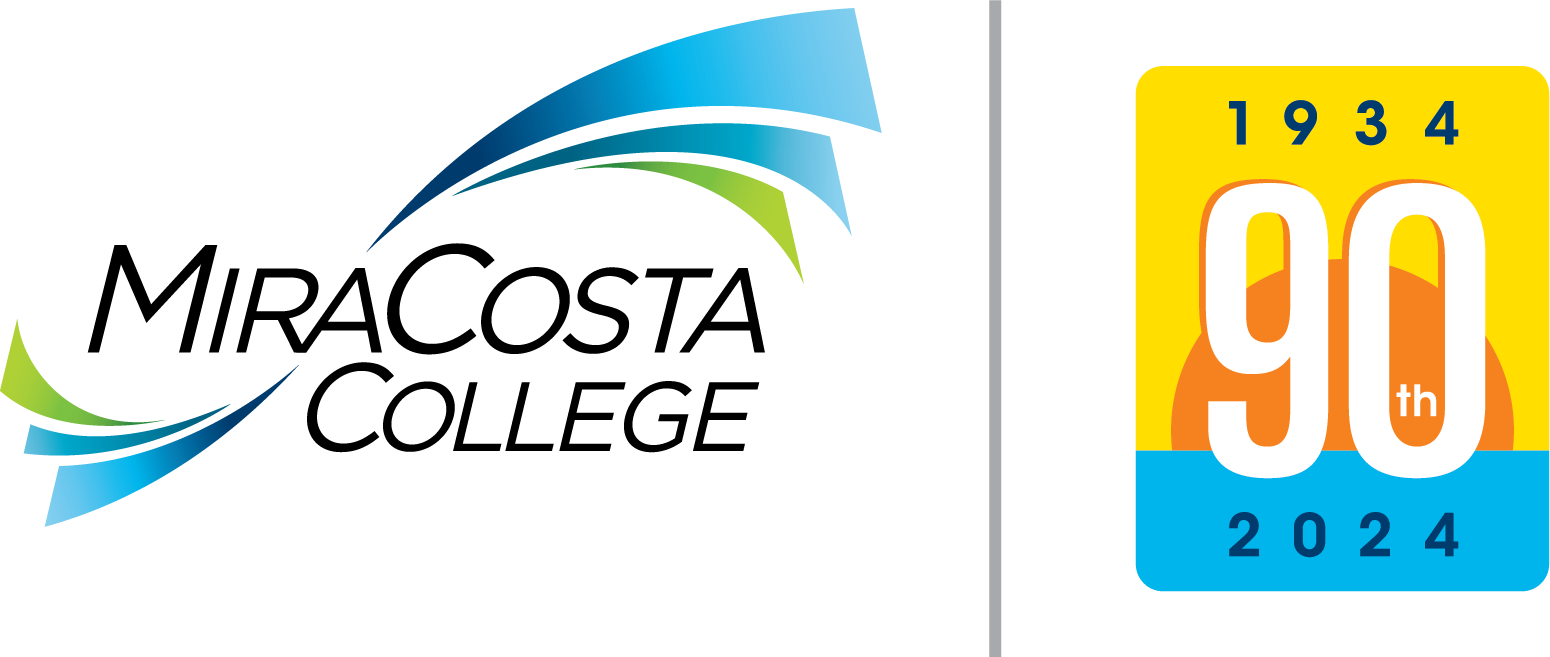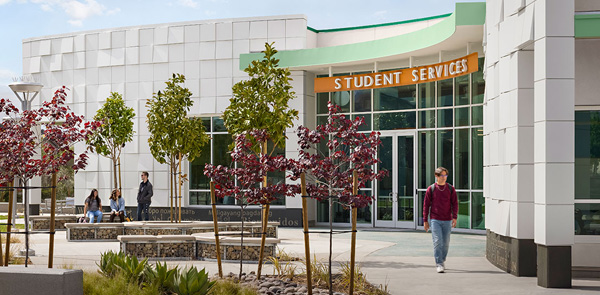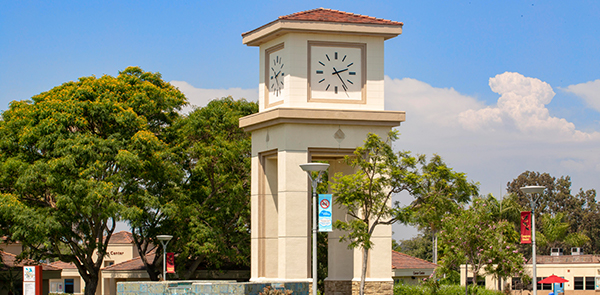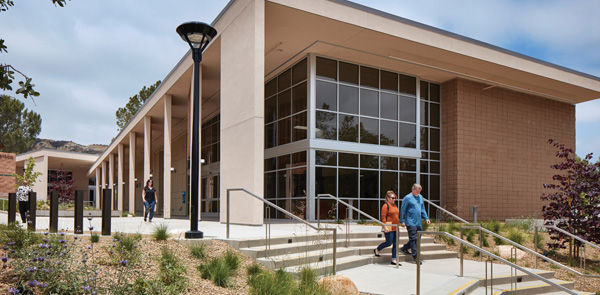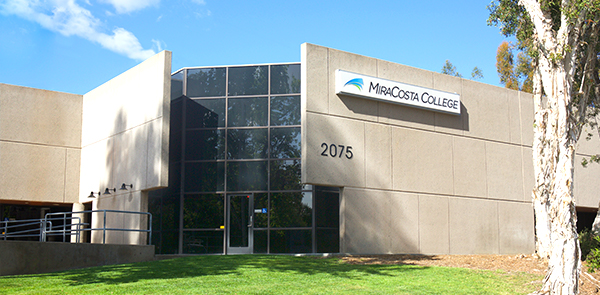Guidance for instructors
- Academic Accommodations And Adjustments
- Academic Accommodations, Fundamental Alteration, and Undue Burden
- Accessibility Training Resources
- Captioning FAQ
Professional Development
Accessible Document Converter (SensusAccess)
MiraCosta College has an automated, Accessible Document Converter, to the Portal. Before using digital documents with unknown accessibility, upload the document to the converter and receive a more accessible version in a variety of formats.
Frequently Asked Questions
Academic departments (and the individual faculty members who make up those departments) are responsible for ensuring that their programs are accessible to students with a disability. This responsibility covers physical access to the location where the activity will occur and modifications necessary in the format or delivery of information which would make it accessible to an individual with a specific disability. Help is available both in understanding what is required by law and in devising ways to make the necessary accommodations through the Equal Opportunity Office and Student Accessibility Services.
Request that individuals requiring an accommodation contact you after class or during office hours. Include this information in your syllabus. In this way, you give students "permission" to approach you with their needs. Students who have requested academic accommodations for your class from SAS have been provided their Accommodation Form. It is the student's responsibility to provide the accommodation form to their instructor. The student will deliver to you via email or hard copy. In some instances, the SAS may email the Accommodation Form to the instructor and copy the student.
If the student presents to you an Accommodation Form, prepared by Student Accessibility Services, you can be assured that the student has provided the College with proof of a disability under the legal definition of the word. The type of accommodation requested on the form will be one which has legitimacy in relation to the disability listed. A student not presenting such a form or any other type of proof of disability and whose outward appearance does not make existence of a disability apparent can be referred to Student Accessibility Services to complete a request for service.
There are usually several ways that a student's needs are met. All federal law requires is "reasonable" accommodation. If your way meets that criterion in light of the student's handicapping condition, you have complied with the law. However, if the objection stems from the student's use of an assistive device necessary to compensate for his/her disability (tape recorder, etc.), federal law may require that it be allowed. You may, however, require the student to complete an agreement which covers problems you envision with the device (such as not releasing the recording or transcription, etc.). A model form for such an agreement is available at Student Accessibility Services.
Definitely not. If the existence of the disability has been verified, the accommodation should provide an equal opportunity to the student, in effect starting the student on equal footing with others. To compromise standards or "water down" the requirements would not assist the student in acquiring a competitive degree. The student with a disability should fulfill all of the essential course-related requirements; however, altering the font, substituting an equivalent requirement, or changing the method of meeting requirements may provide the student a more equitable chance at success.
Student Accessibility Services (x6658) can provide information and assistance in dealing with many of the concerns you may have about accommodating students with disabilities. The office has information on many creative ways to accommodate students and can provide the instructor with information about how other institutions have solved access problems.
The specific charge of Student Accessibility Services is to assist students with disabilities to matriculate; however, the office serves as a resource/liaison for any and all concerns which may arise in relation to students with disabilities. For assistance related to accessibility please contact Aaron Holmes at aholmes@miracosta.edu. For assistance related to student accommodations, please contact the SAS Counselor indicated on the student’s Service Authorization, or the SAS office at (760) 795-6658.
Section 504, Rehabilitation Act of 1973 (Public Law 93-112 and subsequent regulations) has several sections which deal specifically with academic accommodations. Part 104.43, Treatment of Students, states that "No qualified handicapped student shall, on the basis of handicap, be excluded from participation in, be denied the benefits of, or otherwise be subjected to discrimination under any academic, research, occupational training, ...counseling, ...physical education, ...or other post-secondary education program or activity". The regulations further state that students must be educated in the most integrated setting appropriate to the individual's needs. Part 104.44, Modification of Requirements, states that modifications must be made to academic requirements to ensure that they do not discriminate against a qualified student with a disability. Academic requirements which can be demonstrated to be essential to the program of instruction being pursued (i.e. to the degree) or to any directly related licensing requirement are not considered discriminatory. Modifications such as changes in the length of time permitted for the completion of degree requirements, substitution of specific courses required for the completion of degree requirements and adaptation of the manner in which specific course are conducted may be necessary.
The requirements further state that tape recorders, guide dogs, braillers, interpreters, note takers, or other "aids or adaptations which may be necessary to provide equality of access may not be prohibited from the classroom." Course examinations or other evaluation must be provided by methods or in formats which will best ensure that the results of the evaluation represent the student's achievement in the course, rather than reflecting the impairment.
Finally, the regulations state that "auxiliary aids or adaptations must be provided to ensure participation of students with impaired sensory, manual or speaking skills in classroom instruction or to ensure that such students are able to benefit from the instruction." These may include taped textbook, readers, interpreters, note takers, typewritten transcripts, adapted equipment, or other effective methods of making classroom presentations accessible to the student. The institution has flexibility in choosing the methods by which the aids will be supplied and can opt to use resources already available through state vocational rehabilitation agencies, successfully taping services, etc. Within the classroom, partnering the student with a classmate for lab situations and using volunteer note takers, etc., are legitimate methods of making accommodations. It is not necessary to provide attendants, individually prescribed devices, readers for personal use or study, or other devices or services of a personal nature.
The Americans With Disabilities Act of 1990 is a civil rights act enlarging the scope of Section 504. It protects individuals with disabilities from discrimination by certain employers, by providers of public services (such as housing, transportation, communication), and by States, agencies, political subdivisions of States, or boards, commissions or other instrumentalities of States and political subdivisions. It provides legal resource whenever persons with disabilities are denied equal opportunity to gain the same benefit, obtain the same result, or reach the same level of achievement as individuals who are non-disabled in the most integrated setting appropriate to the individual's needs. Qualification standards, selection criteria, performance standards or eligibility criteria that exclude or deny services, programs, activities, benefits, job or other opportunities to an individual with a disability must have been demonstrated to be both necessary and substantially related to the ability of an individual to perform or participate or take advantage of the essential components of the particular program, activity, job or other opportunity. These standards must be detailed in writing and available to the general public for viewing (Title II, ADA, Sec. 35:106).
Below is a statement that we recommend using in your syllabus to let students know
you encourage them to work with SAS to receive any authorized academic accommodations.
If you have further questions about the statement or SAS services please contact us
at sas@miracosta.edu.
"If you have a disability or medical condition impacting learning and have not yet
been authorized to receive academic accommodations, you’re encouraged to contact the
Student Accessibility Services (SAS) office . The SAS office can be reached at (760)
795-6658, or sas@miracosta.edu. The SAS office will help you determine what accommodations are available for you.
If you’re requesting my assistance utilizing any authorized accommodations, please
contact me as soon as possible."
